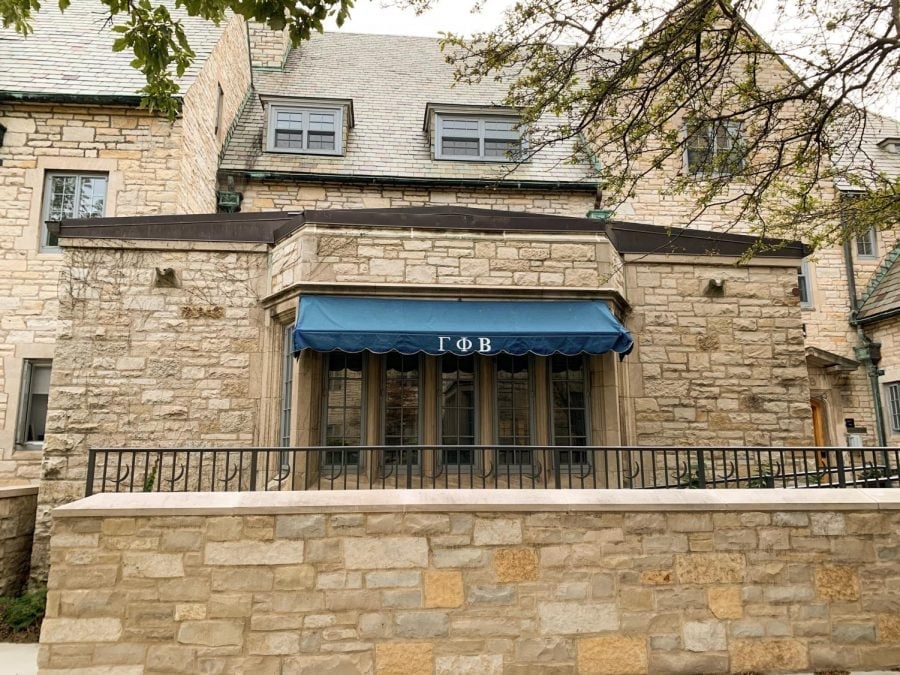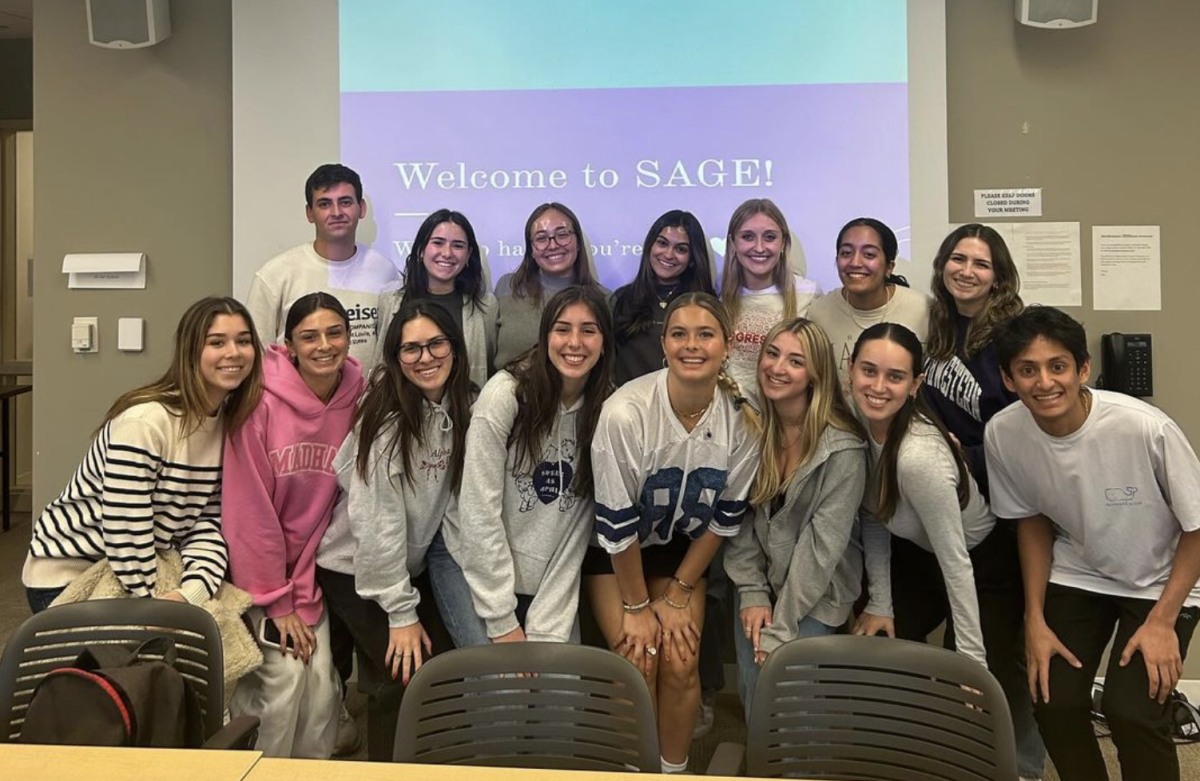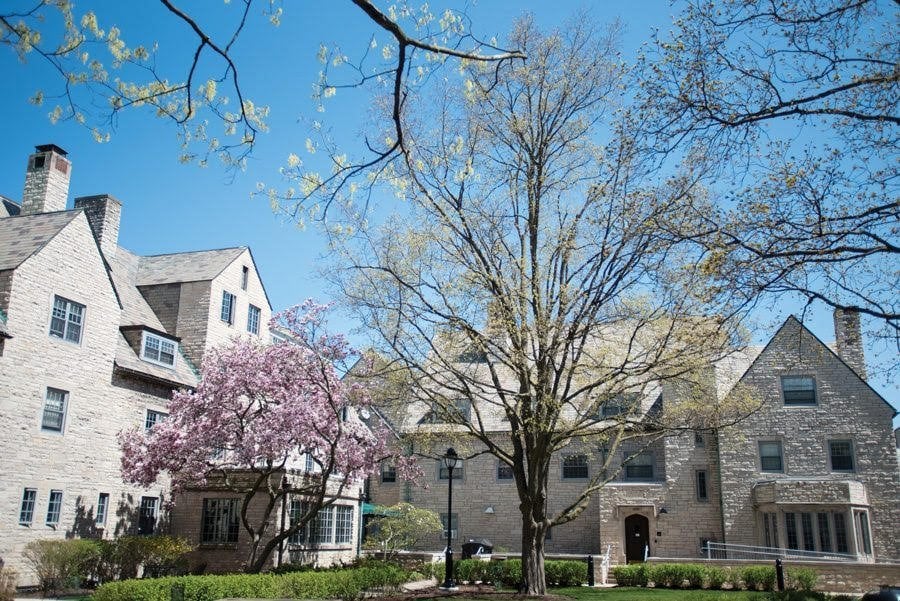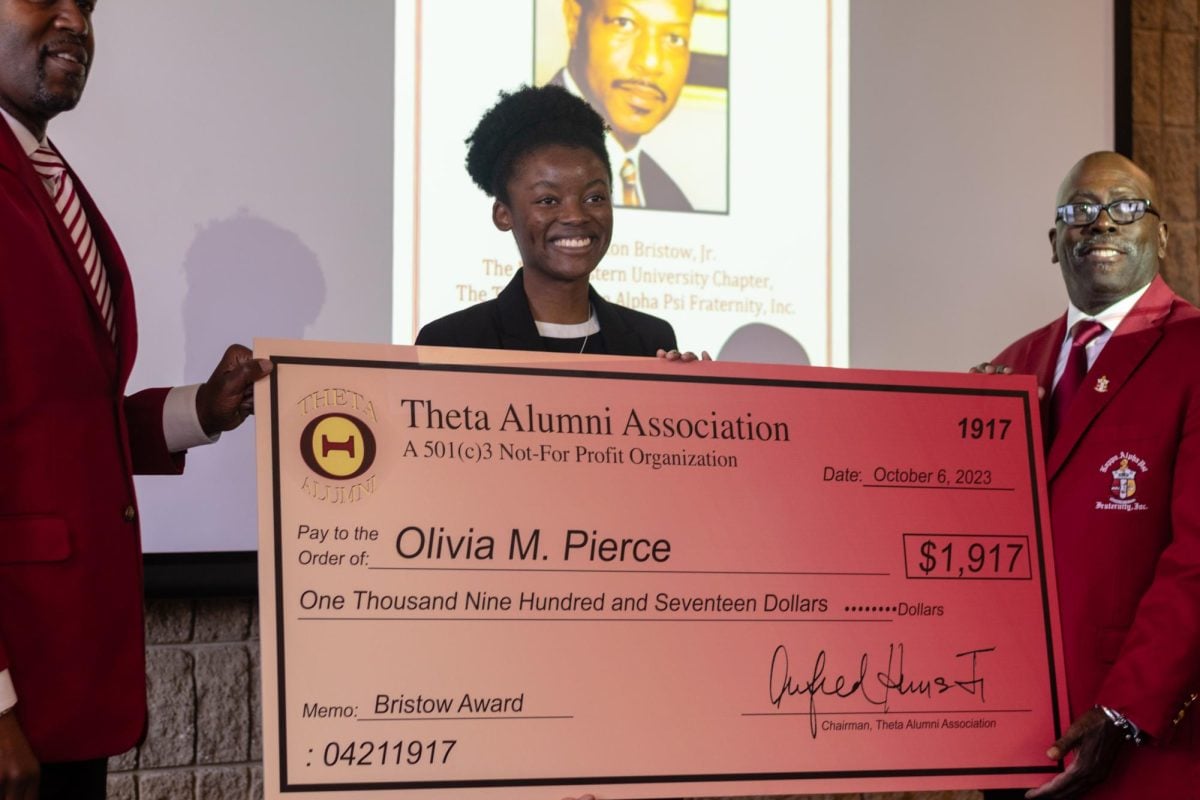The annual Green Cup competition kicked off Wednesday, with 29 residence halls and 24 Greek houses participating in the month-long challenge to reduce energy consumption.
This year, Students for Ecological and Environmental Development incorporated the Greek Cup contest under Green Cup to emphasize the overall goal of energy reduction among dorms, fraternities and sororities, said Weinberg sophomore Irene Tu, co-chair of Green Cup. Previously, Greek Cup was separate from the collaborative effort.
Throughout the month of February, SEED encourages students to reduce water and energy use by taking shorter showers, turning off lights in the hallway and unplugging unused electronics, Tu said. Green Cup aims to promote eco-friendly behavior by showing students how they can reduce energy usage in the long run, she said.
The winning food-serving residence halls, non food-serving residence halls, sorority house and fraternity house will each receive cash prizes of several hundred dollars, Tu said. The prize money will go toward the winners’ Dance Marathon fundraising.
Julie Cahillane, manager of recycling and refuse in the Office of Sustainability, said giving the money to DM helps increase participation and engagement in Green Cup.
“I think it’s great that we can tie the Green Cup and the Green Cup winners to something that is even bigger on campus and has more people involved with it,” she said.
SEED has also organized several publicity events throughout the month, including eco-themed men’s and women’s basketball games against the University of Iowa, a Skate with a Date promotion and speeches by NU sustainability director Robert Whittier and Brookfield Zoo representative Jessica Reese. In an effort to increase participation, 40 percent of the residential halls’ scores will depend on student attendance at Green Cup events and 60 percent will depend on energy reduction, Tu said.
“Green Cup is actually one of our strongest initiatives on campus and is the best in bringing members of the community who don’t normally attend speaker series,” said McCormick senior Joshua Kaplan, a member of Engineers for a Sustainable World.
NU has also joined the Campus Conservation Nationals, an initiative to reduce energy consumption at more than 170 colleges across the US by one gigawatt between Feb. 8 and April 23.
In the last three years, water and energy usage per person has consistently declined for the month while participation in Green Cup has increased, said Cahillane. Though Facilities Management does not measure student energy consumption after Green Cup, the trends in energy and water usage suggest awareness is expanding and behavioral changes last longer, Cahillane said.
“One of our challenges across the board is to figure out ways to more regularly monitor use so that we can be more aware of the long-term impact,” she said.






